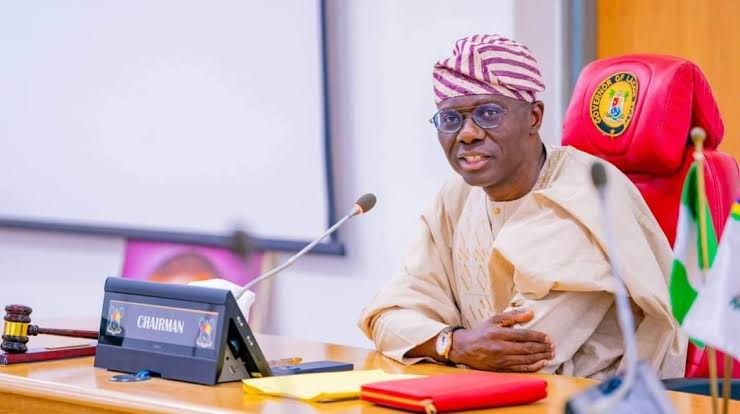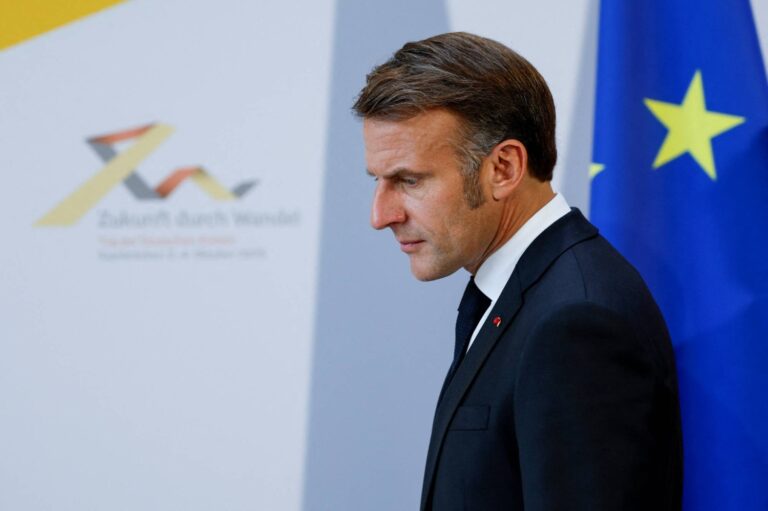
In a significant move towards sustainable development, the Lagos State Government and the Lagos Electrification Agency (LEA) have signed a Memorandum of Understanding (MoU) aimed at advancing clean energy solutions across the state. This partnership is expected to catalyze the implementation of renewable energy projects, marking a major step in the state’s commitment to environmental sustainability and economic growth.
The MoU was signed to enhance access to clean and renewable energy for communities across Lagos. This agreement outlines the collaboration between both parties in the deployment of solar energy systems, modern energy-efficient technologies, and other renewable sources to meet the growing energy demands of Lagosians.
The main objectives of the MoU include:
- Expanding Access to Clean Energy: The partnership aims to electrify underserved communities and reduce the dependence on conventional, often unreliable, power grids.
- Job Creation: It promises to generate employment opportunities through the installation, maintenance, and management of clean energy infrastructure.
- Environmental Impact: One of the key outcomes is a reduction in Lagos’s carbon footprint, contributing to Nigeria’s global commitment to combating climate change.
The agreement covers several geographical regions within Lagos, focusing particularly on areas with limited access to the national grid. As a result, this initiative will bring affordable and reliable electricity to thousands of residents, boosting economic activities and improving living standards.
Lagos, being one of the largest cities in Africa, faces significant challenges in its energy sector. Frequent power outages, the high cost of electricity, and environmental degradation from fossil fuel usage have long plagued the city. The introduction of clean energy solutions aims to address these challenges while ensuring that the city’s development does not come at the expense of the environment.
Switching to renewable energy sources such as solar power significantly reduces greenhouse gas emissions, helping combat climate change. By relying on clean energy, Lagos will decrease its reliance on fossil fuels, which are major contributors to air pollution. This transition will result in cleaner air, reduced environmental degradation, and a healthier population.
In addition to its environmental benefits, the clean energy initiative is poised to have a strong economic impact. The expansion of renewable energy infrastructure will attract investments in green technologies, which will boost the local economy. The creation of jobs in the energy sector will also reduce unemployment, providing opportunities for the youth and other segments of the population.
Moreover, businesses and residents can benefit from cost savings as they increasingly rely on affordable, clean energy. The initiative will help reduce the overall energy cost burden on households and enterprises, contributing to a more competitive economy.
Many areas in Lagos, particularly rural and remote communities, suffer from limited or no access to the national grid. The MoU will address this gap by implementing solar-powered systems and other renewable technologies in these underserved regions. This move will ensure that these communities have consistent and affordable access to electricity, improving their standard of living and boosting local economies.
The Lagos Electrification Agency (LEA) has been at the forefront of the state’s efforts to electrify remote areas using clean and renewable energy sources. With a clear mandate to provide sustainable and accessible energy, LEA has already spearheaded various projects in solar-powered electrification and energy-efficient technologies.
Through this MoU, LEA will take on the responsibility of managing the clean energy projects, overseeing their implementation, and ensuring the long-term sustainability of the energy systems deployed. LEA’s extensive experience in the renewable energy sector positions it as a key player in the successful execution of this ambitious initiative.
The Lagos State Government and LEA have expressed optimism about the impact of the MoU on the state’s energy landscape. The Commissioner for Energy and Mineral Resources, who attended the signing ceremony, highlighted the importance of clean energy in achieving the state’s environmental and developmental goals.
“This agreement marks a pivotal moment in Lagos’s journey towards sustainable energy solutions. It is a clear demonstration of our commitment to providing cleaner, more affordable energy while creating jobs and improving the quality of life for Lagosians,” said the Commissioner.
The Executive Director of LEA, in a statement, emphasized the agency’s readiness to implement the projects outlined in the MoU. “LEA’s primary objective is to ensure that no one is left behind in Lagos’s electrification process. This MoU brings us one step closer to providing equitable and reliable energy access for all,” he stated.
See more: Palestinian State: France Considers Move
Energy experts have also weighed in on the significance of the MoU. According to Dr. Chike Obi, a renewable energy expert, “This partnership is a crucial step toward meeting the growing energy demand in Lagos while addressing environmental concerns. The expansion of solar energy will not only improve access to electricity but also contribute to Nigeria’s commitment to the Paris Climate Agreement.”
The signing of the MoU between the Lagos State Government and LEA for clean energy marks a historic step toward a more sustainable and environmentally friendly future for Lagos. This partnership will not only address the city’s energy challenges but also create economic opportunities and reduce the environmental impact of traditional energy sources.
As Lagos continues to grow, this clean energy initiative stands as a shining example of how urban areas can balance development with sustainability. With the right investments and collaboration, the state is poised to become a leader in renewable energy within Africa.
The future looks bright for Lagos, and this MoU serves as a reminder of the power of partnerships in achieving sustainable and inclusive development.



